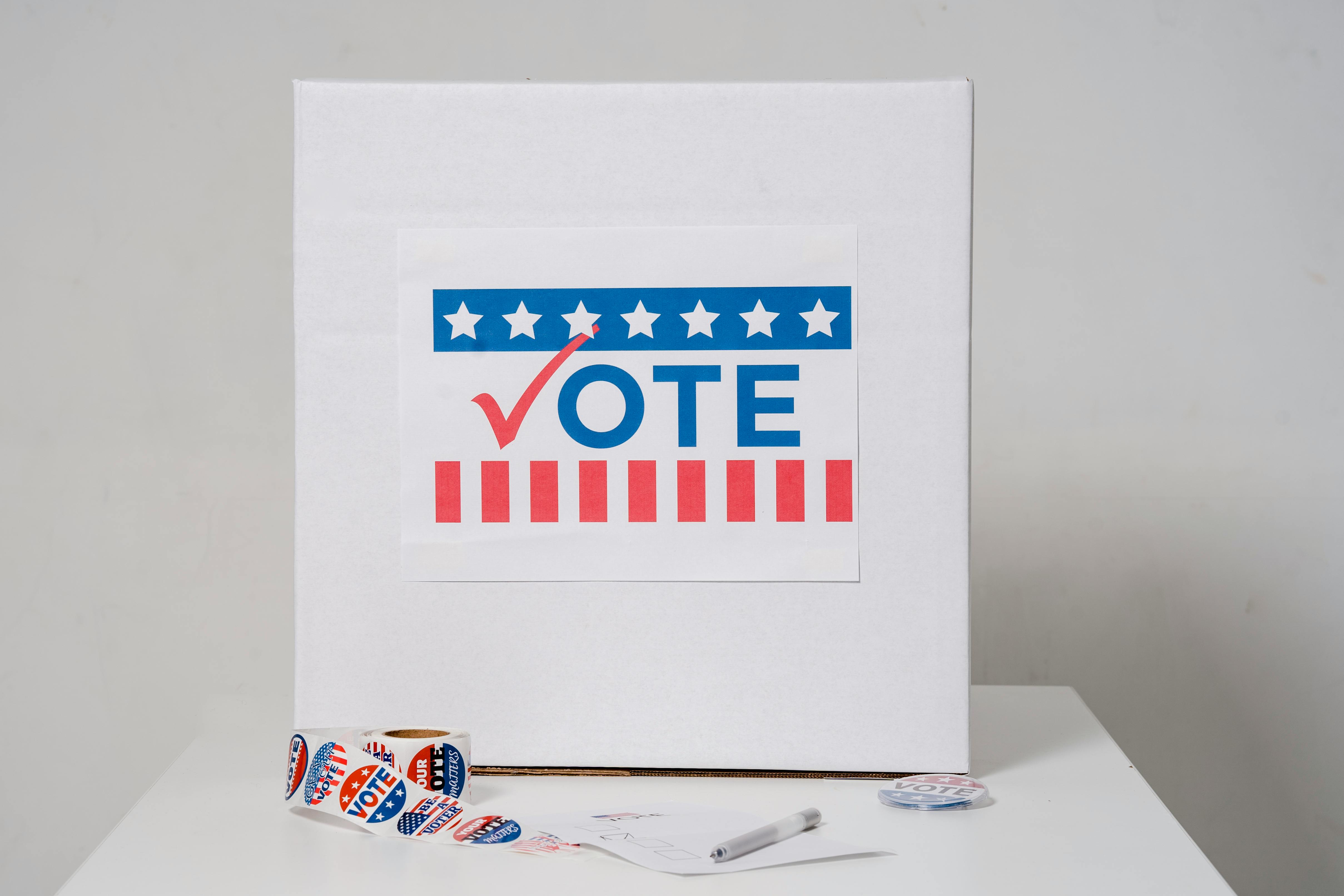Election Betting Frenzy: Trump Leads Harris In Prediction Markets After Ban Lift

U.S. Court Decision Spurs Betting Surge
A recent court ruling lifting the ban on U.S. election betting has sparked a flurry of activity in prediction markets, providing a new avenue for political speculation. The decision marks a significant shift in how Americans—and institutional investors—can engage with elections financially. With the race between Donald Trump and Kamala Harris tightening, millions of dollars are already flowing into the newly opened markets. Early betting trends show Trump narrowly favored over Harris, with the market poised for rapid expansion as election day approaches.
Trump vs. Harris: Tight Margins in the Prediction Markets
Prediction markets are reflecting the razor-thin nature of the upcoming U.S. presidential election. Traders currently give Trump a slight edge over Harris, signaling uncertainty about the outcome. While public polls have offered conflicting narratives, market sentiment among bettors leans slightly in Trump’s favor.
Several factors contribute to this trend:
- Polling volatility: Polls show fluctuating leads for both candidates, creating opportunities for market speculation.
- Media narratives: Trump’s campaign momentum and Harris’s policy challenges affect market sentiment.
- Swing states: Market participants closely track developments in battleground states, which could determine the final outcome.
With such tight margins, election odds are expected to remain volatile, adding to the excitement for traders and investors alike.
Kalshi’s Role: Unlocking the Market with Court Victory
The surge in election betting would not have been possible without Kalshi’s legal victory. The platform’s win against U.S. regulators in Washington effectively overturned the ban on election-related betting. This ruling opened the door for Kalshi and other prediction markets to offer opportunities for institutional investors to participate in election wagers.
Kalshi has positioned itself to capitalize on this moment by offering trades with high stakes. Investors can place up to $100 million on either side—Trump or Harris—marking the first time such large-scale election betting is legally accessible in the U.S. Kalshi founder Tarek Mansour emphasized that the company is onboarding several institutional players, taking advantage of the newly opened market.
The Initial Wave: $12 Million in Bets and Growing
In just a few days following the court’s decision, over $12 million has been wagered on the U.S. presidential election, a sign of the market’s pent-up demand. Institutional investors are increasingly flocking to Kalshi’s platform, attracted by the chance to hedge political risks through financial bets.
As election day draws near, analysts expect the volume of wagers to rise significantly. The high-profile nature of this election, combined with the opportunity to place legally sanctioned bets, makes it a prime market for professional traders. This surge in activity is also likely to pull in more retail participants, driving even more liquidity into the platform.
Market Dynamics: Why Traders are Drawn to Political Betting
Prediction markets are appealing to investors and traders for several reasons:
- Hedging political risk: Businesses and investors use election bets to hedge exposure to policy outcomes, such as changes in tax laws or trade regulations.
- Opportunities for profit: Political events, especially elections, present traders with high-stakes, time-sensitive opportunities.
- Unique insights into voter sentiment: Unlike traditional polling, prediction markets offer real-time feedback from participants who have financial stakes in the outcome.
As more institutional investors enter these markets, their influence will shape election narratives. In turn, media outlets may report on betting odds alongside polls, adding an additional layer to public expectations around the election.
Potential Risks and Regulatory Implications
While the newly opened market presents exciting opportunities, it also comes with risks:
- Regulatory oversight: U.S. regulators may take a renewed interest in election betting markets as volumes rise, leading to potential future restrictions or oversight.
- Market manipulation: Large-scale bets from institutional players could skew market sentiment, raising concerns about possible manipulation.
- Legal precedents: The ruling in favor of Kalshi sets a new legal precedent. Other platforms may follow suit, potentially opening the floodgates for further political betting in future elections.
Managing these risks will require careful monitoring by both regulators and platform operators to ensure the integrity of the markets.
Conclusion: The New Frontier of U.S. Election Betting
Kalshi’s legal victory has reshaped the landscape of U.S. election betting, opening the market to institutional investors and driving millions of dollars in wagers. As prediction markets now reflect the close race between Trump and Harris, they offer a unique window into market sentiment—and perhaps even voter behavior.
With election day approaching, the narrow margin between the two candidates is expected to fuel further excitement and attract more traders. As the stakes rise, the impact of these markets on public perception and media narratives will become increasingly visible. For now, the U.S. election betting market is thriving, with no signs of slowing down.
Whether or not these markets will accurately predict the next president remains to be seen, but one thing is certain: they will remain a key part of the election landscape in the weeks ahead.
Author: Brett Hurll
Gyrostat Capital Management: Why Risk Management Is Not About Predicting Risk
Why Risk Management is Not About Predicting Risk Financial markets reward confidence, but they punish certai... Read more
Gyrostat January Outlook: Calm At Multiyear Extremes
This monthly Gyrostat Risk-Managed Market Outlook does not attempt to forecast market direction. Its p... Read more
Gyrostat December Outlook: The Market Does The Work
Harnessing Natural Volatility for Consistent Returns Markets have always moved more th... Read more
Gyrostat Capital Management: Why Advisers Must Scenario-Plan Both The Bubble And The Bust
The Blind Spot: Why Advisers Must Scenario-Plan Both The Bubble and The Bust In financial m... Read more
Gyrostat Capital Management: The Hidden Architecture Of Consequences
When Structures Themselves Become A Risk In portfolio construction, risk is rarely where we look for it.... Read more
Gyrostat November Outlook: The Rising Cost Of Doing Nothing
Through the second half of 2025, markets have delivered a curious mix of surface tranquillity and instabi... Read more

